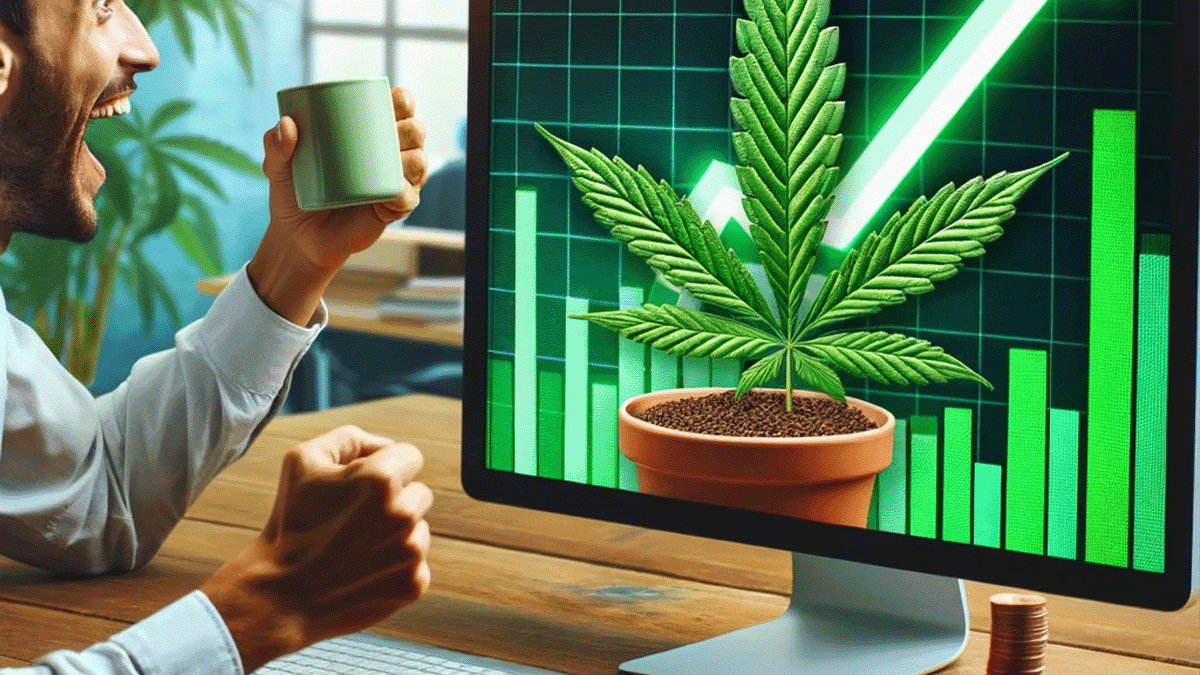Stacy never drank alcohol or had a cigarette. However, she smoked marijuana daily while pregnant at 24 years old. With the blessing of her fiance, Stacy began taking a few hits in her first trimester to ease morning sickness before her work day at a sandwich shop. When sciatica made it almost impossible to stand during her 12-hour shifts, she secretly vaped marijuana oil on her lunch break. Stacy said, “I wouldn’t necessarily say, ‘Go smoke a pound of pot when you’re pregnant. In moderation, it’s ok.” A recent federal survey shows that many pregnant women seem to agree. As states legalize cannabis or its medical use, expectant mothers are taking it up in increasing numbers; another example of the many ways in which acceptance of cannabis has outstripped scientific understanding of its effects on human health.
Often pregnant women presume that cannabis has no consequences for developing infants. But preliminary research disagrees. Cannabis’ main psychoactive ingredient, THC, can cross the placenta to reach the fetus, potentially harming brain development, birth weight, and cognition. THC can exist in breast milk. Dr. Torri Metz, an obstetrician at Denver Health Medical Center who specializes in high-risk pregnancies stated, “There is an increased perception of the safety of cannabis use, even in pregnancy, without data to say it’s actually safe.” Ten% of her patients admit recent cannabis use.
In the recently published federal survey, in 2014, almost 4% of soon-to-be mothers said they had used cannabis in the past month, compared with 2.4% in 2002. Young mothers-to-be were likely to turn to cannabis: About 7.5% of 18 to 25 year-olds said they had used cannabis in the past month in 2014, compared with 2% of women ages 26 to 44. Evidence on the effects of prenatal cannabis use is still limited. Some of the most extensive data come from two sets of researchers, in Ottawa and Pittsburgh, who have long researched children exposed to THC in the womb.
In Pittsburgh, 6-year-olds born to mothers who had smoked one joint or more daily in the first trimester showed a decreased ability to understand concepts in listening and reading. At age 10, children exposed to THC in utero were more impulsive than other children and less able to focus their attention. Most troubling, children of mothers who heavily used cannabis in the first trimester had lower scores in spelling, math, and reading at age 14 than their peers.
Dr. Lauren M. Jansson, the director of pediatrics at the Center for Addiction and Pregnancy at the Johns Hopkins University School of Medicine stated, “Prenatal exposure can affect the adolescent pretty significantly. Several studies have found changes in the brains of fetuses, 18 to 22 weeks old, linked to maternal cannabis use. In male fetuses who were exposed, researchers have noted abnormal function of the amygdala, the part of the brain that regulates emotion. Dr. Yasmin Hurd, a neuroscientist and the director of the addiction center at Icahn School of Medicine at Mount Sinai in Manhattan stated, “Even early in development, cannabis is changing critical circuits and neurotransmitting receptors. Those are important for regulation of emotions and reward, even motor function and cognition.”
MAPH Enterprises, LLC | (305) 414-0128 | 1501 Venera Ave, Coral Gables, FL 33146 | new@marijuanastocks.com










